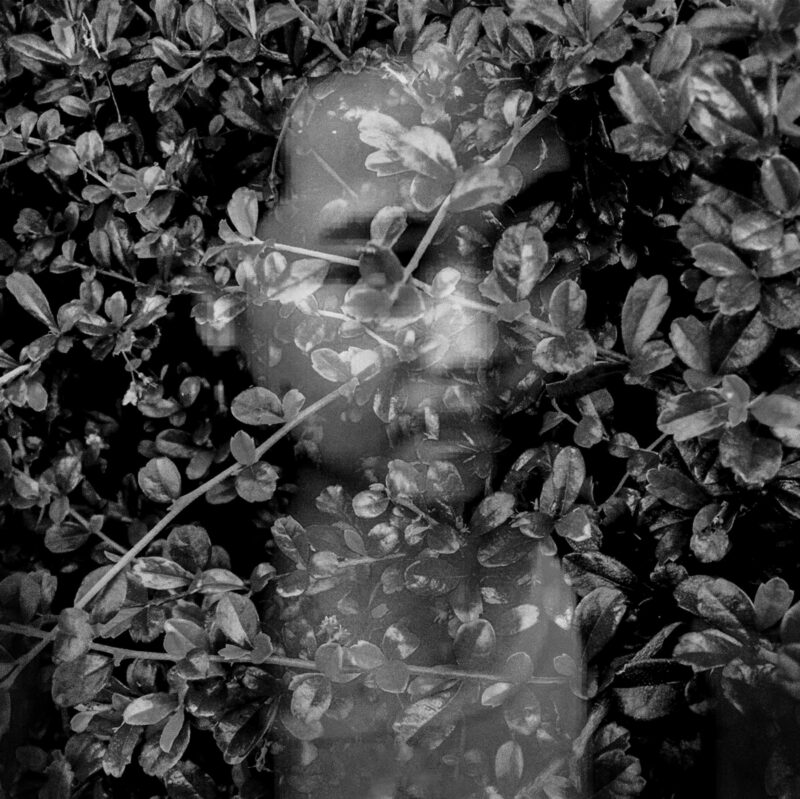This seventeen-year-old is now staying in a rehabilitation house in Leyte province in the Visayas, Philippines, with three hundred other women who became victims of human trafficking in the Visayas region after Typhoon Haiyan destroyed much of Samar and Leyte provinces. She ran away from home at age 15 after being sexually assaulted by her father; she was then abducted into sex trafficking. Photograph by Veejay Villafranca, in cooperation with the subject and the rehabilitation house.
It is, it seems, another year in the same century. A basin on the floor sounds with every drop of rain leaking from the recently plastered patch on the old ceiling.
In the summer, the sidewalks seethe against my skin, which is sticky from the sweat of the man I sat next to on the train, the man whose brushing elbow was unwelcome but inevitable. In the shower I let the water wash away the grime and the trembling as the TV in the living room speaks of horrors — girls made currency at typhoon evacuation centers, mounds of food waste in the middle of a crisis, an artificial shortage of water at the peak of summer. On the table, a banana begins to bruise.
The problem with bruises — it’s our secret, iha — is by the time words coalesce, the bruises themselves will have faded from skin, though it’s hard to say if the wounds ever go away. For children evacuated from one peril to another, the body and all it bears remain inescapable: a night traded for a cup of rice as the year’s harvest, like so many girlhoods, is lost to the rain. See, violence begets violence, and when, under the promise of shared progress, foreign interests violate our soil for nickel and gold, it is our towns that drown in mudslides, not theirs; our girls that, in surviving the aftermath of historic floods delivered unto us by decades of cruelty and negligence, lose their innocence too soon. We share so much inheritance, these girls and I. Where their dreams go is a question that hangs in the air as I pursue my own dreams in the cold of an office floor. On the outskirts of the city, a doll with a missing dress and black yarn for hair washes up on the shore after the storm.
As I find myself in a familiar, new country. I can see in some strangers’ eyes what they see when they see me. Just the other day I read about the rising prevalence, back home, of parents trafficking their own children through computer screens in dark rooms — it shocked me, but is it really that shocking? After what has been done to women and children around naval bases, in sweatshops, or at world fairs? It’s hard not to judge those parents as evil, but there is evil, too, in the poisoned field where, in fear, hunger, or the greater good, the ends justify the means. You’re so brave for moving, someone told me. You’ve got the Filipino spirit.
In the midst of this, and of the laundry and of dreams of a house that doesn’t leak, we are told we are in an emergency. They say we are sinking, that the waters are rising to swallow our homes whole, but the sea has spat out the bones of our villages a thousand and one times and the frog has, all the while, been in the pot over the fire.
At the corner of the frame is the sliver of a comet like a fingernail.

